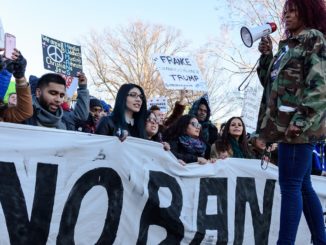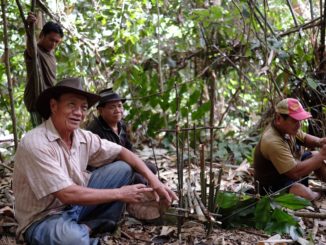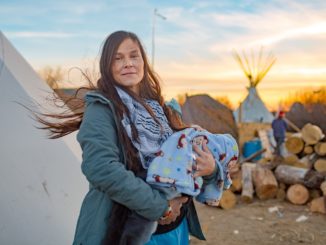
Noam Chomsky on the Populist Groundswell, US Elections and the Future of Humanity
Source: Institute for New Economic Thinking
We recently interviewed Noam Chomsky, Institute Professor Emeritus at the Massachusetts Institute of Technology and Laureate Professor in the Department of Linguistics at the University of Arizona. He shares his thoughts with the Institute for New Economic Thinking on foreign policy, dissent in the Internet age, public education, corporate predation, who’s really messing with American elections, climate change, and more.
Lynn Parramore: You’ve been looking at politics and international relations for quite a long time. Over the decades, what are the continuities in these areas that stand out in your view?



